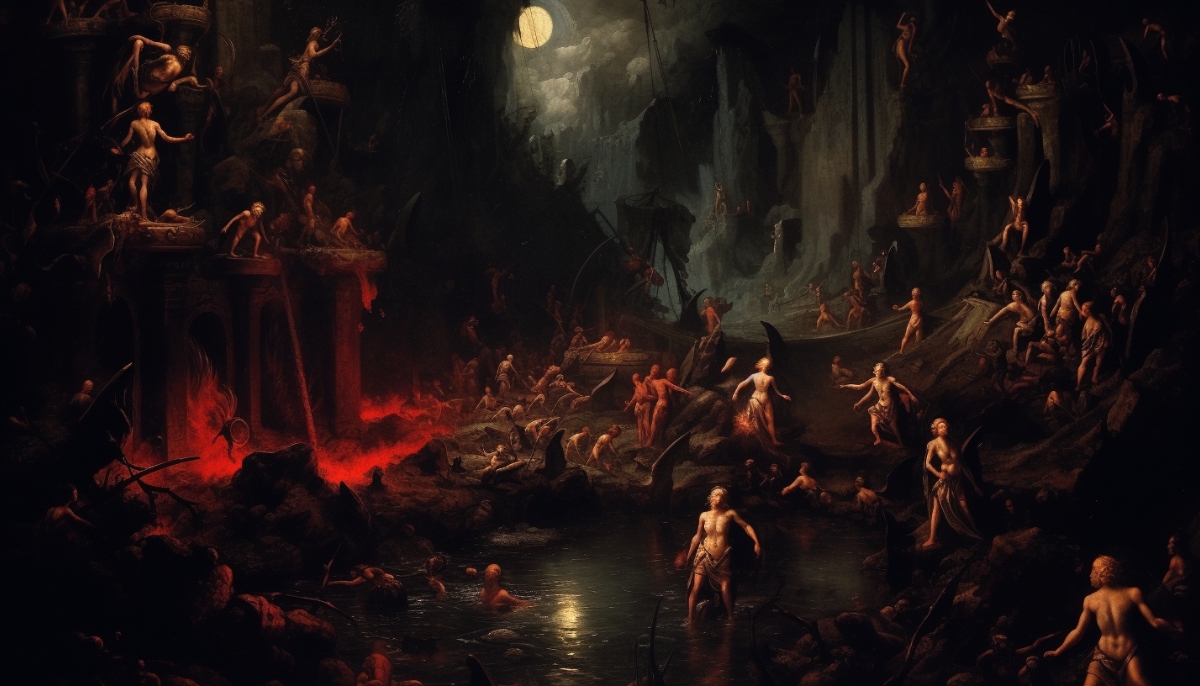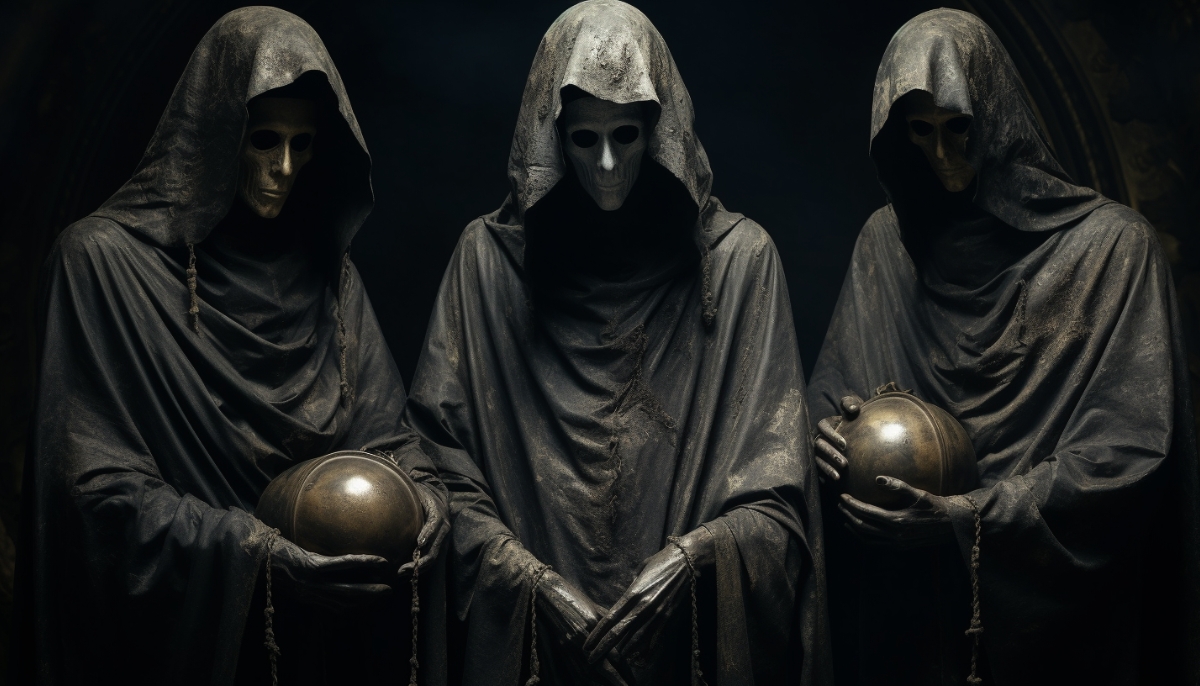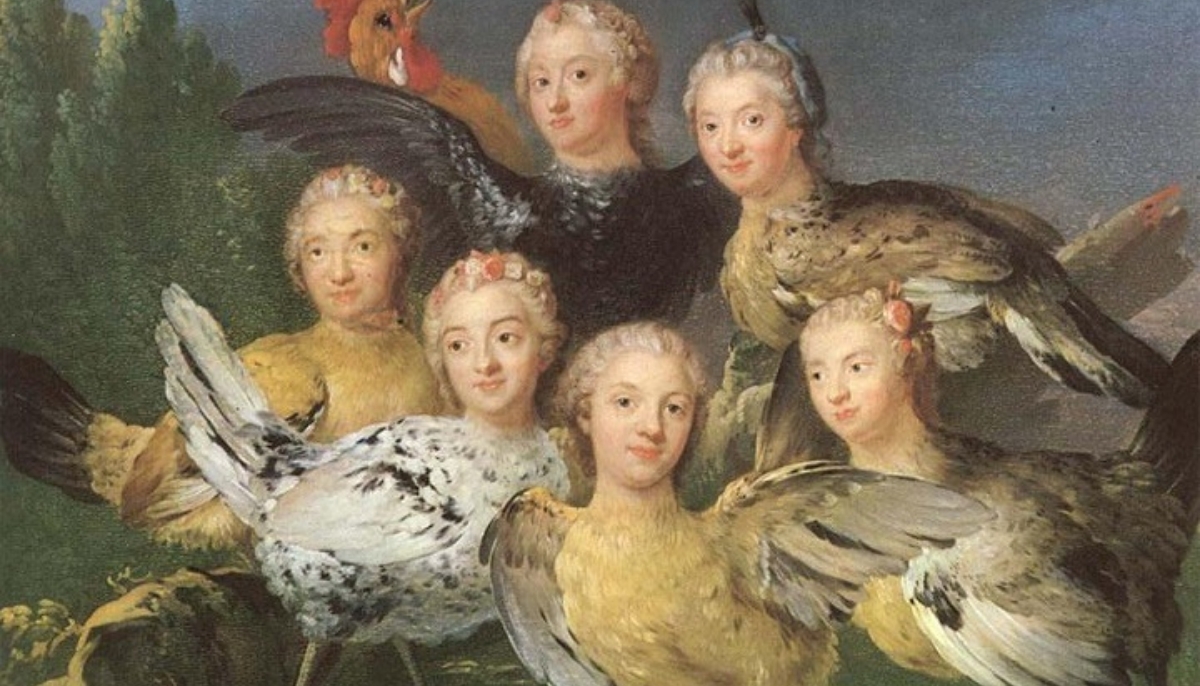In Roman mythology, Pluto stands out as a fascinating and complex deity. Known as the god of the underworld, Pluto’s role extends far beyond the simplistic notions of darkness and death often associated with such figures.
As the ruler of the underworld, he oversees the realm of the dead, yet his influence touches aspects of wealth, agriculture, and the cycle of life and death. This multifaceted nature of Pluto makes him a subject of great interest and varied interpretations throughout history.
This article delves into the enigmatic world of Pluto, exploring his origins, characteristics, and the intriguing aspects of his worship.
Are Pluto and Hades the Same?
In Greek mythology, Hades is known as the god of the underworld, a figure often associated with death and the afterlife.
His domain is the dark, shadowy place where souls go after death. Hades is typically portrayed as stern and unyielding, ruling his kingdom with a firm hand.
Roman mythology, on the other hand, introduces us to Pluto. While Pluto and Hades share the role of the underworld’s ruler, there are notable differences in their depictions and connotations.
Differences between Hades and Pluto
Pluto’s name, derived from the Greek word ‘ploutos‘, means wealth. This association is tied to the underground riches, such as precious minerals and fertile soil, linking Pluto to the afterlife, abundance, and prosperity.
While similar in their primary function as overseers of the afterlife, the two gods differ in their cultural representations.
In Greek culture, Hades is often seen as more austere and fearsome, reflecting the Greeks’ view of death as final and unyielding.
The Romans viewed Pluto somewhat more positively than the Greek perception of Hades. This difference is partly due to the Roman adaptation and reinterpretation of Greek deities to fit their cultural and religious framework.
While Pluto and Hades are essentially counterparts in Roman and Greek mythologies, respectively, they are not entirely the same. Pluto’s association with wealth and the more positive aspects of the afterlife sets him apart from the somber and austere Hades of Greek lore.
Is Pluto an Evil God?
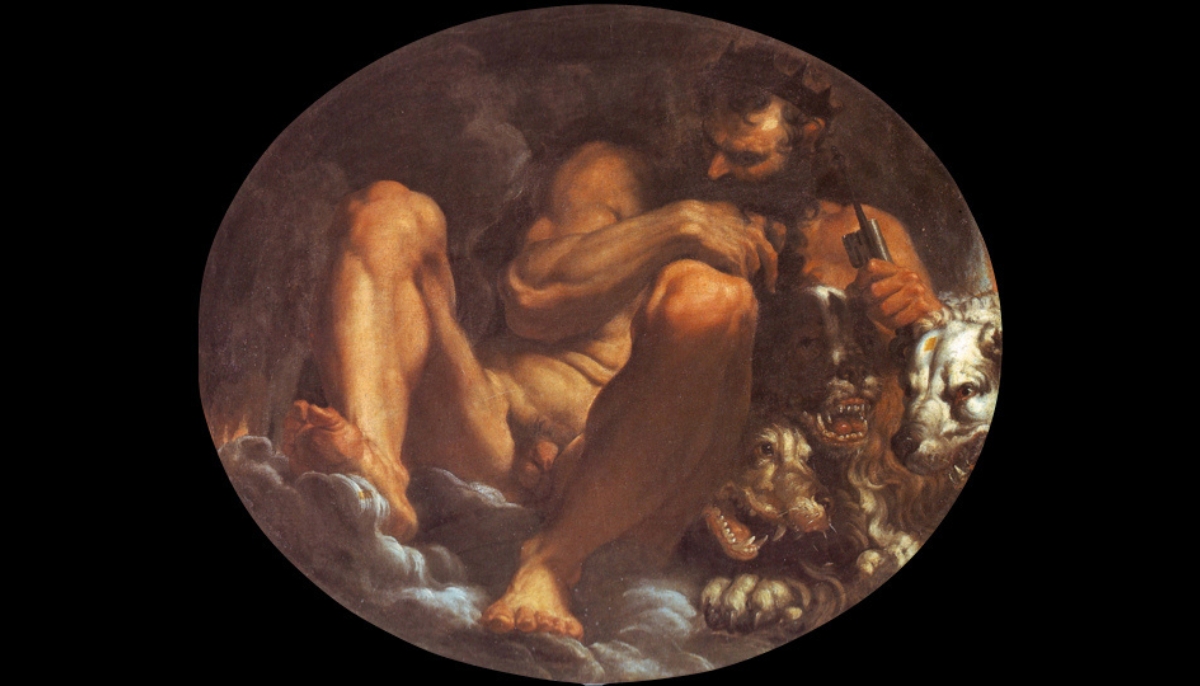
Contrary to some modern interpretations that equate Pluto with malevolence, ancient perspectives depict him as one of the more level-headed and compassionate gods in the Greco-Roman pantheon.
Compared to his siblings, Jupiter (Zeus) and Neptune (Poseidon), Pluto is often seen as more virtuous.
Pluto’s actions, such as the abduction of Persephone, must be understood within the context of the times. While questionable by modern standards, in the context of ancient mythology, it was a part of the broader narrative that explained natural phenomena like the seasons.
Moreover, Pluto’s role as the ruler of the underworld was not solely about punishment or darkness. He was also in charge of the Elysian Fields, akin to a heavenly realm in Roman mythology. This dual role underscores his balanced nature, overseeing both the aspects of reward and punishment in the afterlife.
The unlucky brother?
Interestingly, Pluto’s sadness over ruling the underworld, a realm of the dead, as opposed to the realms of the sea or sky governed by his brothers, paints him as a more sympathetic figure.
The ancient view of Pluto is not of an evil god but rather a complex deity with a balanced and often compassionate nature.
His portrayal as a ruler of the underworld encompasses both the somber aspects of death and the richness of the Earth, reflecting a multifaceted character far from the simplistic notion of evil.
The Family of Pluto
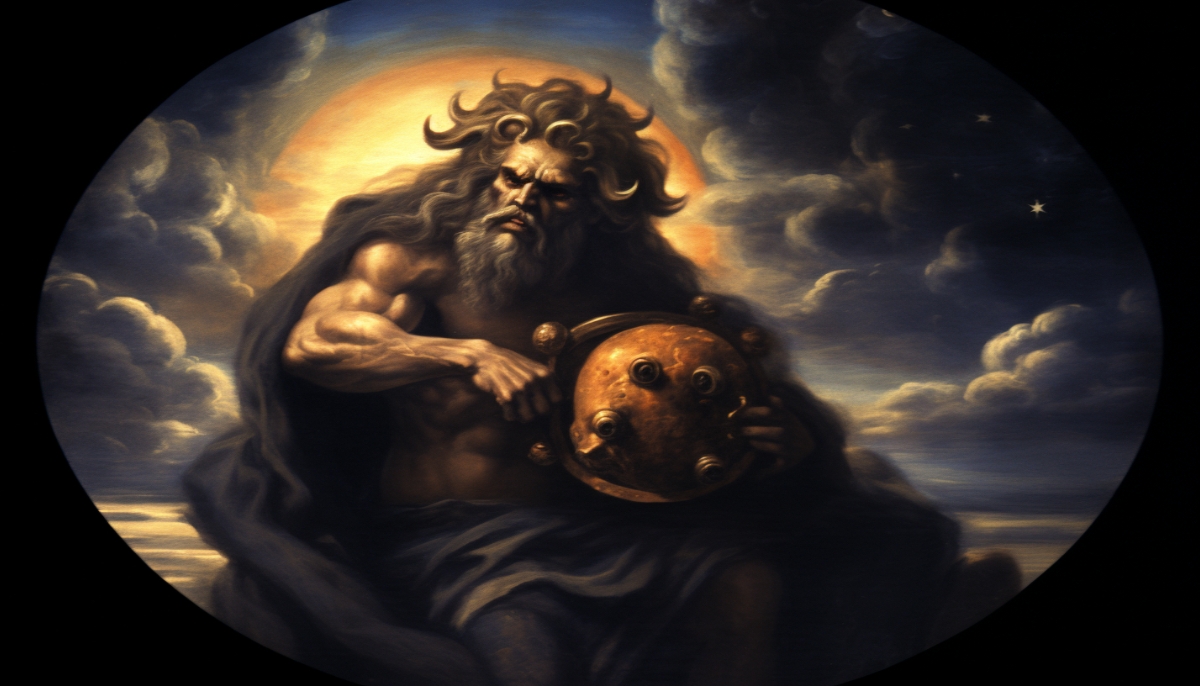
Understanding Pluto’s familial connections offers insight into his character and the dynamics of ancient Greco-Roman religious beliefs.
Siblings of Pluto
Pluto was born to the Titans Saturn (Cronus in Greek mythology) and Ops (Rhea in Greek mythology). He was one of six siblings, each of whom would come to hold significant power in the Roman pantheon.
His brothers were:
- Jupiter (Zeus in Greek mythology), the king of the gods and ruler of the sky
- Neptune (Poseidon in Greek mythology), the god of the sea
His sisters were:
- Vesta (Hestia in Greek mythology), the goddess of the hearth
- Ceres (Demeter in Greek mythology), the goddess of agriculture
- Juno (Hera in Greek mythology), the queen of the gods and Jupiter’s wife
The division of the universe among the three brothers – Jupiter, Neptune, and Pluto – is a pivotal story in Roman mythology.
After overthrowing their father, Saturn, the brothers cast lots to divide his kingdom. Jupiter won the sky, Neptune the sea, and Pluto was given the underworld.
This division defined their realms of influence and shaped their identities and roles within the pantheon.
Pluto’s Marriage to Persephone
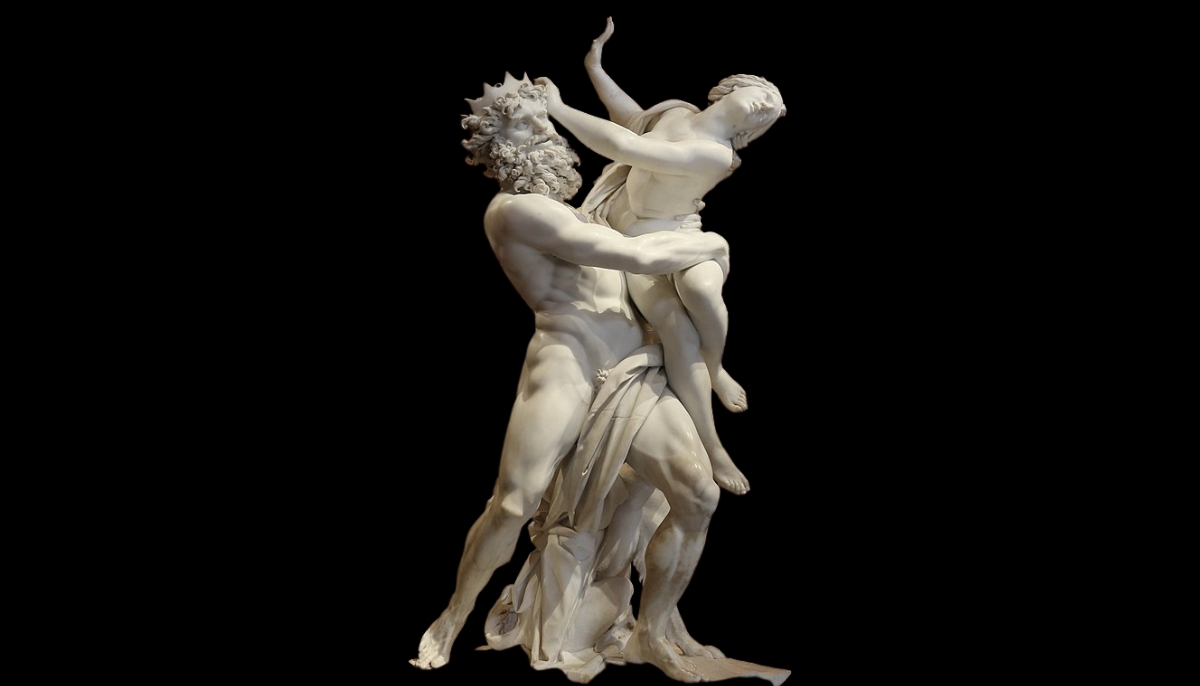
One of the most significant myths involving Pluto is his marriage to Persephone (Proserpina in Roman mythology), the daughter of Ceres.
The story of their union is a cornerstone of ancient mythology and explains the cycle of the seasons. According to the myth, Pluto fell in love with Persephone and, with Jupiter’s consent, abducted her to make her his queen in the underworld.
Distraught by the loss of her daughter, Ceres neglected the Earth, leading to a barren world. The gods, concerned by the dying Earth, negotiated Persephone’s return.
The changing seasons
However, she was bound to spend part of each year with Pluto because she had eaten the seeds of a pomegranate while in the underworld. Her annual return to the surface world brought about spring, and her descent to the underworld marked the beginning of winter.
This myth highlights the duality of Pluto’s character – as a god who presides over the underworld and as a husband in a marriage that symbolizes the eternal cycle of life and death.
Persephone’s dual role as the queen of the underworld and a bringer of life further intertwines the themes of death and rebirth, central to Pluto’s narrative in Roman mythology.
Pluto and Orpheus
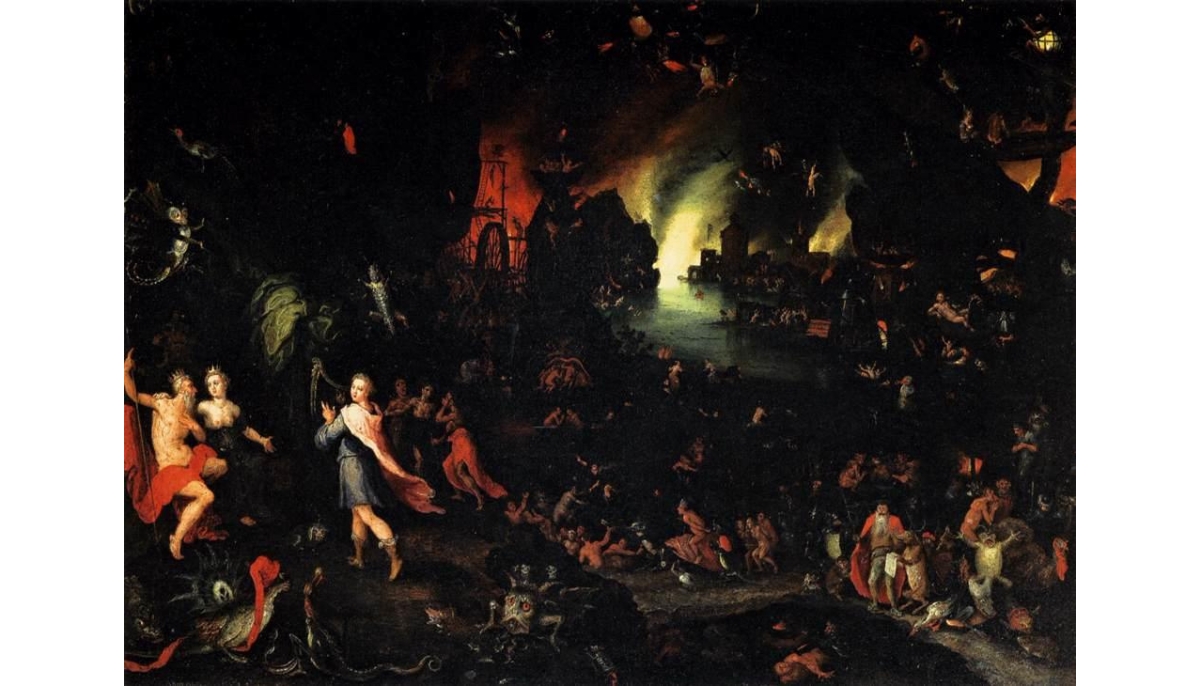
The myth of Orpheus and Eurydice is one of Roman mythology’s most poignant and enduring tales, showcasing Pluto’s role as the god of the underworld.
This story highlights Pluto’s authority over the realm of the dead and reveals aspects of his character that are often overlooked.
The Tale of Orpheus and Eurydice
Orpheus, renowned as a musician of extraordinary talent, was the mortal son of Apollo. His mastery of the lyre was unparalleled, and his music held the power to charm both mortals and gods.
The tragic death of his lover, Eurydice, who succumbed to a viper’s bite, set Orpheus on a path that would lead him to the very depths of Pluto’s domain.
In his grief, Orpheus played music so moving that it touched the gods’ hearts. Resolved to reclaim Eurydice from the clutches of death, Orpheus ventured into the underworld. There, he performed before Pluto and Proserpina (Persephone), his music so captivating that it softened the hearts of the king and queen of the underworld.
Moved by Orpheus’s sorrow and the beauty of his music, Pluto agreed to allow Eurydice to return to the world of the living with one condition: Orpheus must not look back at Eurydice until they had both reached the surface.
Tragically, just as they neared the threshold of the living world, Orpheus, driven by doubt and love, turned to look at Eurydice, breaking the agreement. This act condemned Eurydice to remain in the underworld forever.
Pluto in the Orphic Mysteries
The myth of Orpheus and Eurydice significantly impacted ancient religious practices, particularly the Orphic Mysteries. In these rites, Pluto was revered as a central deity, often called the “terrestrial Jove” or the Jupiter of the Earth.
The Orphic Hymns, dating from the first and second centuries CE, celebrate Pluto’s generosity and role as the keeper of Earth’s riches.
These hymns portray him as a god who, despite his association with the underworld, plays a vital role in the cycle of life and death, ensuring the continued prosperity and fertility of the Earth.
Worship of Pluto
The worship of Pluto in Roman religion reflects a nuanced understanding of this deity, intertwining agricultural wealth, the mysteries of the afterlife, and the cult practices surrounding him.
Pluto in the Eleusinian and Other Mysteries
Pluto’s significance grew within the Eleusinian Mysteries, where he was increasingly seen as an embodiment of agricultural wealth. This shift in perception also clarified the distinction between Pluto and Hades.
Pluto’s cult was more limited and specialized than the traditional Twelve Olympians. His worship was often closely linked with Persephone, with whom he formed a divine couple, celebrated in various cities such as Knidos, Ephesos, Mytilene, Sparta, and notably at Eleusis, where they were revered simply as The God and The Goddess.
In Athens, during Plato’s time, Pluto was honored with a ritual known as the “strewing of a couch.”
At Eleusis, he had his dedicated priestess, indicating his importance in the Eleusinian Mysteries.
The ritual texts from the Orphic gold tablets, dating from the late 5th century BC, often mention Hades about the underworld, while Pluto is depicted as the harmonious ruler alongside Persephone.
Sanctuaries and Cult Practices
Sanctuaries dedicated to Pluto, known as Ploutonia, were significant in the ancient world. The Eleusinian complex, for instance, had a ploutonion regarded as the birthplace of the divine child Ploutos, highlighting Pluto’s close association or conflation with this deity of wealth. Greek inscriptions mention an altar of Pluto at Eleusis, where rituals and sacrifices were performed.
Ploutonia were often located in places with natural mephitic vapors, believed to be entrances to the underworld. One notable sanctuary was between Tralleis and Nysa, where a temple of Pluto and Persephone stood, frequented by visitors seeking healing and dream oracles.
The ploutonion at Hierapolis, Phrygia, initially connected to Cybele’s rites, later became associated with the cult of Apollo during the Roman Imperial era.
Pluto’s Broader Influence
Pluto’s worship, therefore, was not just about his role as the ruler of the underworld but also encompassed his influence over agricultural abundance and his guidance through dream oracles.
His sanctuaries were places of healing, prophecy, and a deeper connection with the divine. This multifaceted worship reflects the complex nature of Pluto in Roman religion as a deity of both the underworld and the bountiful Earth, guiding souls in the afterlife and providing for the living.
